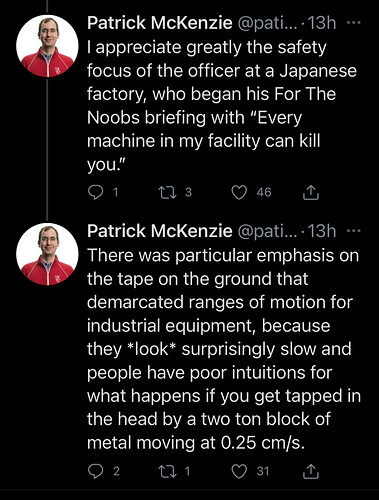Micro Lecture 6B:
Suppose for example, the government is concerned that poor families can’t afford enough milk for their children and decides to make milk more affordable by imposing a price control. Well, this can simply deprive milk of its profitability and undercut its production. So suppose the government goes further and they not only control the retail price of milk, they control the price at the wholesale level and the control the price at the farm level. Even if they’ve done that much, what happens if they’ve left uncontrolled the price of cheese ice cream, butter and other milk products? How will the supply of milk be used? More for the other products. So they’d be cutting the supply of Milk that way, they’d be prohibiting milk from being competitive with other products of the same basic material.
And that is the story, I think, in large measure with conversions of apartment buildings, from rental units to collapse and condominiums. A given apartment building has these three different uses: it can be rental units, it can be co ops or it can be condominiums. Now, if you impose rent controls, and you don’t impose controls on the price of co ops and condominiums, then which way will the available supply of apartments be used?
I liked this connection.
A related point is government imposing price controls on more affordable housing but not luxury housing, and then complaining when developers only want to build luxury housing that they can charge a market rate for. Of course the developers are going to target their production of new units at the stuff that’s not under a price control regime. So the lots of land purchased and the cranes and materials and construction workers will all be working on housing for the rich instead of housing for the masses due to govt policy. But then govt officials turn around and say that the govt needs to build/subsidize affordable housing because, left to its own devices, the market will only build luxury housing (just like how the market only builds luxury cars and only sells high end expensive restaurant meals, right??)
In some places, the govt makes developers assign a segment of the luxury rental housing that govt policy incentivizes the creation of as set-asides for poorer folks at an “affordable” (not really affordable) rate. I think these set-asides are baked into the approval process for new developments, so the developers don’t really have a choice. The housing units themselves are handed out in a “lottery” process to income-qualified renters.
An analogy: imagine if govt screwed up the market for automobiles really badly by imposing price controls on affordable cars and so the new cars being produced were mostly super high end luxury cars. And then imagine if, as a condition of being able to sell their cars in the marketplace, govt made luxury automakers sell some high end luxury cars to poorer folks at 50% off (so, way cheaper than retail, but still expensive for the poor folks). This is kind of like what the govt in some places does with rental housing.
So the developers essentially eat the cost of the luxury housing set-asides as a kind of tax (which raises the cost of rental housing), and a few lucky people get cheaper-than-distorted-market-but-still-expensive-housing, and urban areas remain in a never-ending “housing crisis” that never gets fixed.

